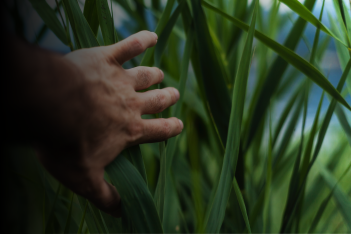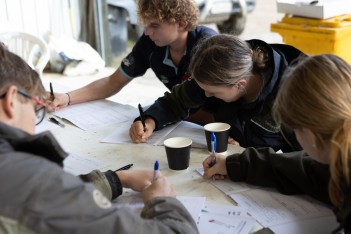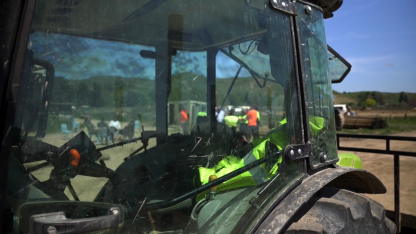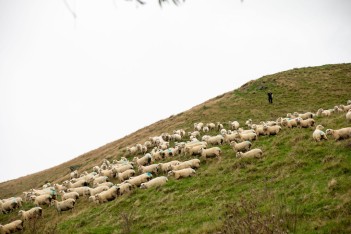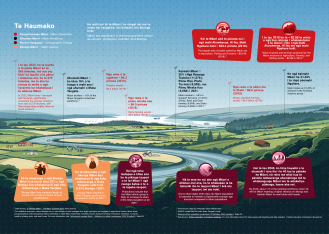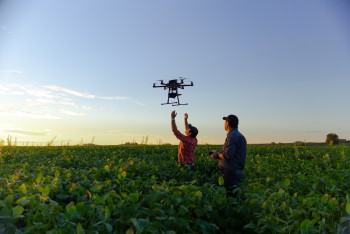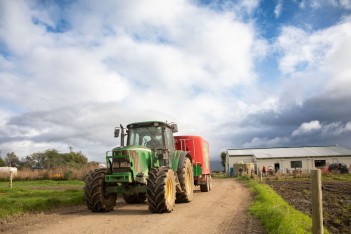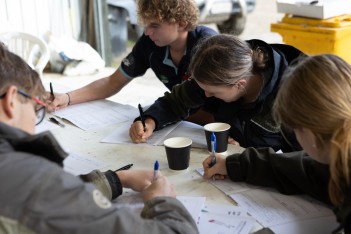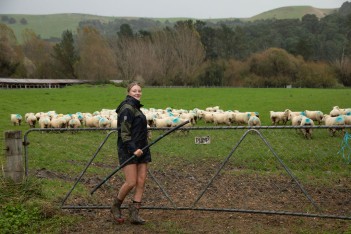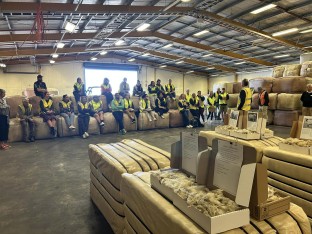2026 Investment Advice
Muka Tangata provides advice to TEC on investment in vocational education to influence funding decisions that considers industry needs, to help match skills and workforce demands with supply.
Learn moreSheep farming decreased 1.7 million hectares (29%) and beef farming decreased 1.3 million hectares (32%) between 2002 and 2019.
New Zealand farmers have grappled with droughts in recent years, along with severe flooding in early 2023, causing livestock losses and significant property damage.
New government regulations are continuing to be introduced which seek to help farmers mitigate their climate change impact.
Key Challenges
Find out about our work to assess the quality of programmes delivered by providers for this industry here.
A snapshot of the Sheep, Beef, Deer and Wool Farming workforce development plan is available for download here. Please note that this reflects a point in time (July 2024). The most up to date information is on the workforce development plans website.
Muka Tangata provides advice to TEC on investment in vocational education to influence funding decisions that considers industry needs, to help match skills and workforce demands with supply.
Learn more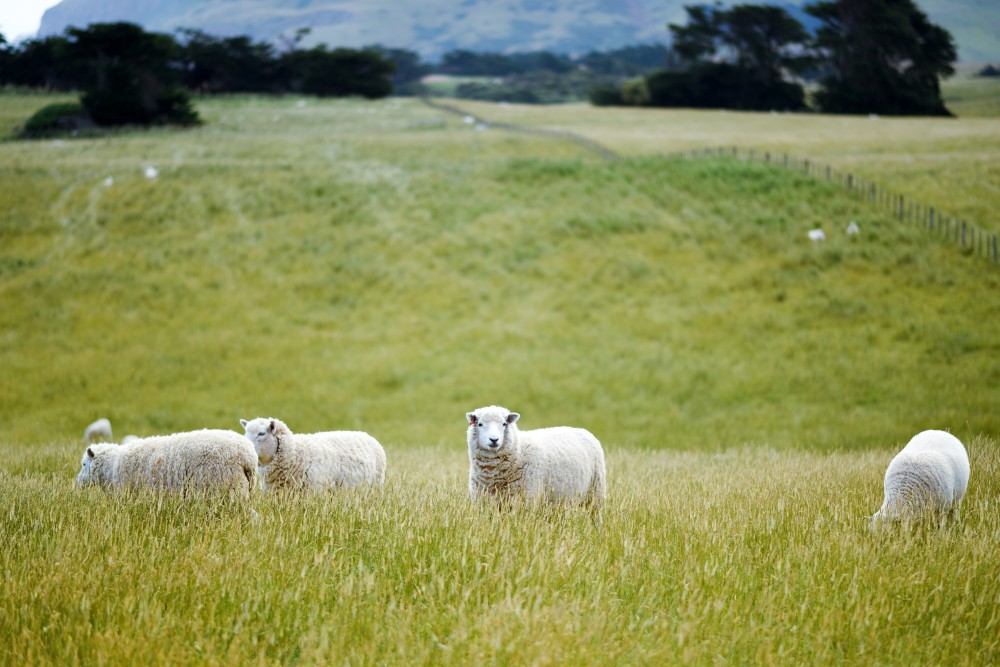
This section provides information about the workforce, industry and Vocational Education and Training (VET) provision and performance. It shows data and research focused on key aspects of Muka Tangata industry groups and learners. This section is expected to feature regular updates to the data and trends being showcased.
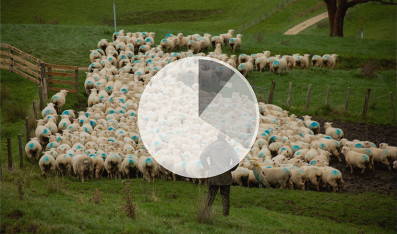
Insights for Industry about trends in economic performance indicators.

Insights on the workforce, including; size, ethnicity, age, regional distribution, and gender.

Insights about learners, including trends in enrolments and mix of provision.
The Sheep, Beef, Deer and Wool sector have an ageing workforce which is contributing to a labour shortage across the industries. Employers need more support to better navigate working in an intergenerational environment. Feedback from our engagement with industry has indicated that many employers struggle to be responsive to employees’ pastoral care needs and development. They feel time poor and may not have the skills to respond to the different needs of employees.
There are a couple of opportunities here: One is to harness the expertise of experienced farmers with the right skills who are reducing their on-farm time to support and mentor the next generation of farmers. The second is for the industry to better understand how Māori agribusiness might support a changing workforce.
The Sheep, Beef, Deer and Wool sector is facing the pressure of keeping up with rapidly changing farming systems, which require employees to gain new skills and puts pressure on qualifications to keep up. Due to existing vocational education options not being flexible enough to accommodate and keep up with the rate of change in the industry, non-formal and informal training has taken precedence, as it is easy to access, targets a specific area, and offers short and relevant learning. Furthermore, entry pathways for learners into the industry are not obvious, with residential pre-employment training is one avenue that the industry places value on as a pathway. Our projects below seek to address some of these opportunities.
This is our plan to address the vocational education and training opportunities that arose from our engagement, research and analysis. It includes real projects that we are committed to delivering, with most of these spanning across some or all Muka Tangata industries. Our Projects have replaced our previous “Roadmap Actions” and present a consolidated view of our mahi. Some of the previous roadmap actions have been completed or closed out following a review of our work programme and engagement with industry on the priority of these actions.
